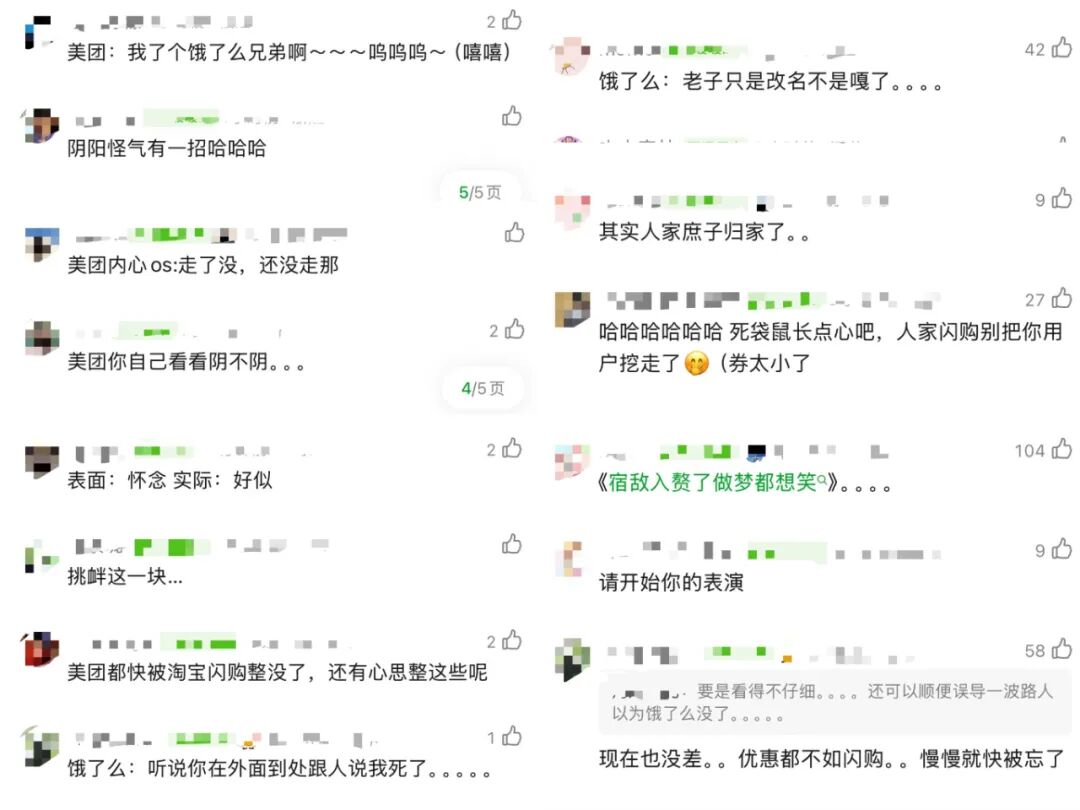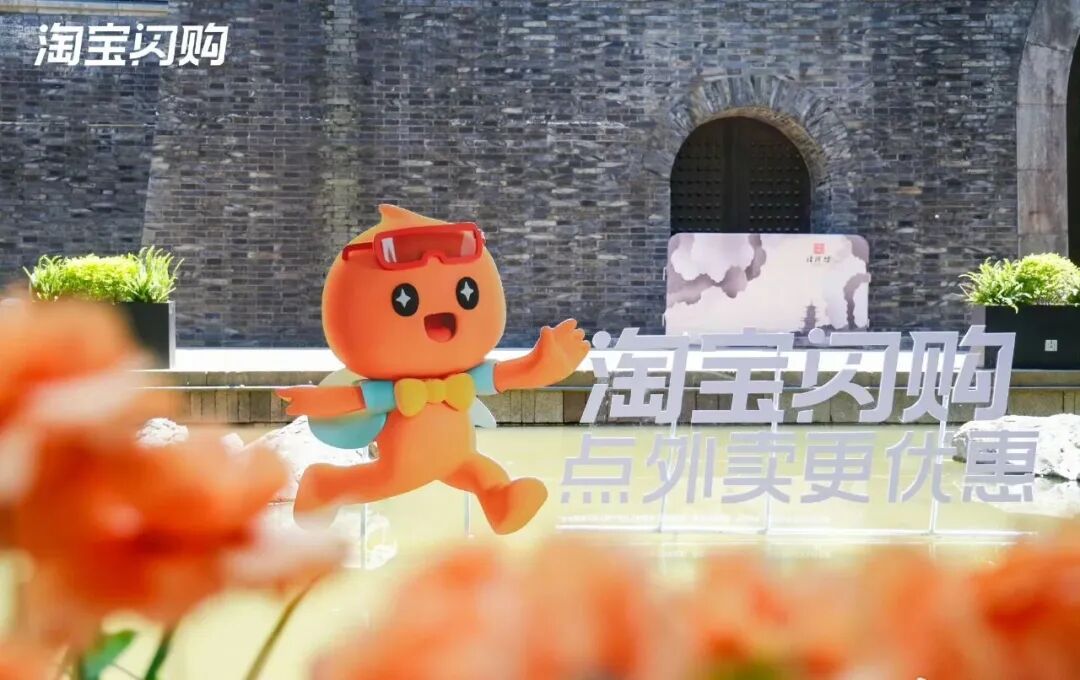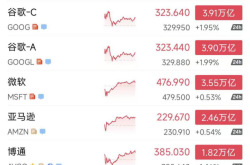Ele.me's "Orange Moment": A New Turning Point in the Food Delivery War
![]() 11/17 2025
11/17 2025
![]() 561
561

By Liu Yong
Edited by Zhang Xiao
Prior to February of this year, your food delivery options were largely confined to two platforms distinguished by their colors: yellow and blue. When it came to purchasing daily necessities, the idea of using a food delivery platform might not have even crossed your mind.
Now, the landscape has undergone a dramatic transformation:
There are more platform choices available, delivering everything from meals to daily essentials. Since 2025, the two most notable shifts in the food delivery industry have been driven by competition.
Competition is inherently fierce. The evolution from food delivery to instant retail has transformed this food delivery war into a process of reshaping and reconstructing user perceptions. Meituan, Ele.me, and JD.com have had to invest significantly more energy and resources.
On the flip side, competition has also been a catalyst for platform evolution, fostering innovative models and the formation of new industry consensus.
Ele.me's recent decision to rebrand as "Taobao Flash Delivery" is a prime example. This shift in competitive strategy reflects a continuous evolution of capabilities and a deeper focus on user-centric thinking.
On November 14, Meituan launched the "Salute to Blue Friends" campaign on its app homepage, announcing that it would distribute 10 million "love flowers" (vouchers) to users, inviting everyone to join in "saluting blue friends."
Coinciding with Ele.me's rebranding, Meituan's marketing move seemed like a one-sided "farewell ceremony" for Ele.me. Objectively, it appeared somewhat "unsportsmanlike," as Ele.me wasn't disappearing but rather upgrading its brand to "Taobao Flash Delivery," further solidifying Taobao's "comprehensive consumption platform" strategy.
Even many users found it peculiar. Social media was flooded with comments like "Ele.me: I just changed my name, I didn't vanish..." and "When Qiuya gets married, you're here singing and dancing..."

According to media reports, Ele.me also appeared to "respond" to Meituan's move. Now, when you search for "Meituan" on the Ele.me app, the page automatically redirects to a promotional activity page, where the phrase "Eating well is the real deal" seems to be a retort to Meituan's provocative campaign.
The day before, Ele.me had already launched multiple promotional offers on its homepage, primarily focusing on distributing more coupons to users.
You can clearly sense that Ele.me has adopted a more composed approach. It evidently no longer wishes to engage in "verbal sparring" with these old rivals but instead focuses on "getting things done quietly," aligning all actions with user needs.
Of course, whether to engage in verbal battles or maintain a low or high profile reflects differences in company style and marketing philosophy, which are not inherently good or bad.
After all, in the ongoing food delivery war, despite the noise and disputes, subsidies for users have hardly ceased.
01
Meituan "Salutes," Ele.me Stays Calm
The public has long grown accustomed to the overt or covert clashes among internet giants. Especially in today's internet landscape, people are more eager to witness and even participate in real-world business battles.
A few months ago, when Ele.me enlisted Lan Yingying to shout the slogan "Blue Wins," responding to Meituan's Huang Ling's "Yellow is Smart," the idea was even suggested by netizens.
At that time, from Meituan to Ele.me to users, creating, sharing, and playing with memes happened seamlessly. Amidst the excitement, both platforms also offered substantial subsidies to users and merchants.
Take Ele.me as an example: after announcing Lan Yingying as the spokesperson for the "Over 10 Billion Yuan in Subsidies for 618" campaign on June 1:
On June 16, it upgraded the "Premium Store Boost Plan"; on June 17, it launched the Ele.me 17 Foodie Festival; on June 18, it announced the launch of the Enjoy Membership program; on June 21, it introduced a campaign for 3 million free milk tea orders.
However, this time, after Meituan initiated the "Salute" campaign, Ele.me and netizens seemed unwilling to "take the bait."

Image/Ele.me App
User discussions around Meituan's "Salute Letter" this time have been far less enthusiastic than the previous "Yellow is Smart, Blue Wins" meme fest.
Of course, we also note that both Meituan and Ele.me have continued their subsidy efforts for users.
Meituan claimed it would distribute 10 million "flower vouchers for blue friends," while Ele.me launched three major promotions: "Daily Must-Have 18.8 Yuan Deals," "Large Red Packets," and "Super Foodie Card with Multiple Benefits," running from November 14 to November 30.
Has Ele.me backed down? Clearly not.
Over the past six months, Ele.me and Taobao Flash Delivery have emerged as the biggest winners, continuously breaking single-day order records. Currently, Taobao Flash Delivery's peak daily order volume has reached 120 million, with weekly average daily orders reaching 80 million in August.
The supply ecosystem of Taobao Flash Delivery is also continuously enriching and improving. As of now, over 4 million local life service merchants, 37,000 brand merchants, and 400,000 brand stores have integrated with Taobao Flash Delivery.

Image/Taobao Flash Delivery Official Weibo
From this perspective, Ele.me's subdued response and focus on getting things done quietly—
Firstly, Ele.me's attitude has changed; it evidently no longer wishes to be passively or actively drawn into verbal battles but instead focuses more on core capabilities and targeting user needs.
Secondly, this composed stance stems from its periodic victories over the past six months and strategic determination. Now, the momentum of Ele.me and Taobao Flash Delivery continues to build, and Ele.me's rebranding to "Taobao Flash Delivery" is objectively a strategic upgrade.
As we mentioned earlier, reviewing this food delivery war, it is, to some extent, a process of reshaping and reconstructing user perceptions.
The high growth of Ele.me and Taobao Flash Delivery in the first half of the year essentially achieved this, with business collaboration amplifying platform value and upgrading user experience.
However, this food delivery war is far from over, and the competition in instant retail is no longer a short-term, round-based quick victory game. It hinges on the ability to continuously refine operations for users and merchants.
From this standpoint, Ele.me's upgrade to "Taobao Flash Delivery" is undoubtedly another evolution of capabilities, bringing new suspense to the food delivery market.
02
When Competition Escalates, Consumer Experience is the Key to Victory
After half a year of food delivery battles, focusing on Alibaba, one fact has become evident:
Regardless of whether Ele.me rebrands, its synergistic advantages with Taobao Flash Delivery in business and strategy have become highly apparent. Leveraging these synergies, both sides continue to solidify their "everything-to-your-door" capabilities.

The so-called "synergy" refers to resource complementarity and advantage complementarity on the surface.
For example, with the dual traffic and resource advantages of Taobao and Tmall, Ele.me has greatly benefited from multiple dimensions such as traffic and category expansion. Previously, their joint subsidies also yielded higher returns on investment, as an industry insider analyzed, "One investment, two routes get 'blood transfusions,' simultaneously surrounding and attacking the opponent."
Deeper into "synergy" lies value amplification.
Ele.me has been established for over 15 years and, as one of the pioneers in instant e-commerce services, has accumulated many "hard resources" and "soft resources":
For instance, it continuously defines industry service standards, has built a mature instant delivery fulfillment system, and a merchant supply system encompassing catering and retail.
For example, it created industry-leading marketing projects like the "Guess the Answer, Get Free Orders" campaign; the Ele.me app was also selected as one of the first batch of excellent cases for internet application accessibility and aging adaptation, providing meal delivery services for elderly individuals in need in eight cities in collaboration with civil affairs departments; Ele.me is also likely one of China's most adept brands at user relationship management.
In the past, these values were not non-existent, but their release was limited under the context of Ele.me operating independently and focusing more on the "meal delivery" scenario.
However, the situation has now completely changed.
The food delivery battlefield has extended to instant retail, and Alibaba has long clarified that Taobao will evolve from an e-commerce platform to a comprehensive consumption platform. After integrating Ele.me and Fliggy into Alibaba's China E-commerce Business Group in June, Alibaba has effectively "clenched its fist" to fight the instant retail battle through an ecosystem rather than a single-front approach.
"In the future, we will optimize and integrate business models and organizational forms more from the user's perspective to create richer and higher-quality consumption experiences for users," said Wu Yongming, CEO of Alibaba Group, at the time.
Under this context, Ele.me clearly cannot just upgrade its capabilities; objectively, its brand perception should also undergo a synchronous upgrade. Ele.me's rebranding to "Taobao Flash Delivery" is a crucial step because, compared to Ele.me's strong association with meal delivery, "Taobao Flash Delivery" embodies a service e-commerce characteristic of delivering everything.

Image/Taobao Flash Delivery Official Weibo
To some extent, Ele.me's value amplification also stems from this, as its long-established "everything-to-your-door" capability can now provide even more ultimate new services to more users.
The core of the competition in instant retail lies precisely in this capability—
The ability to serve consumers and merchants more comprehensively and refinedly, from supply to fulfillment to after-sales and other key elements, ultimately serves this goal.
During the recent Double 11 shopping festival, Tmall achieved its best growth in four years for the entire Double 11 cycle (excluding refunds), with Taobao Flash Delivery becoming one of the core drivers.
According to Alibaba's official data, during this year's Double 11, Taobao Flash Delivery's retail orders more than doubled year-on-year, and Tmall's brand instant retail daily orders increased by 198% compared to September. This was only the first Double 11 after Taobao's upgrade to a comprehensive consumption platform.
Finally, returning to an industry perspective, for Meituan and JD.com, it may be time to reacquaint themselves with Taobao Flash Delivery as a new competitor:
Its name is new, its strategy is new, its approach is new, its user experience is fully upgraded, and its stance is entirely fresh. Even the potential threat it poses should be reassessed. In the medium to long term, their clashes will only intensify.
However, from "meal delivery" to "delivering everything," from food delivery to instant retail, the key to victory lies not just in outmaneuvering competitors but, more crucially, in attracting consumers, retaining consumers, and continuously doing so.






